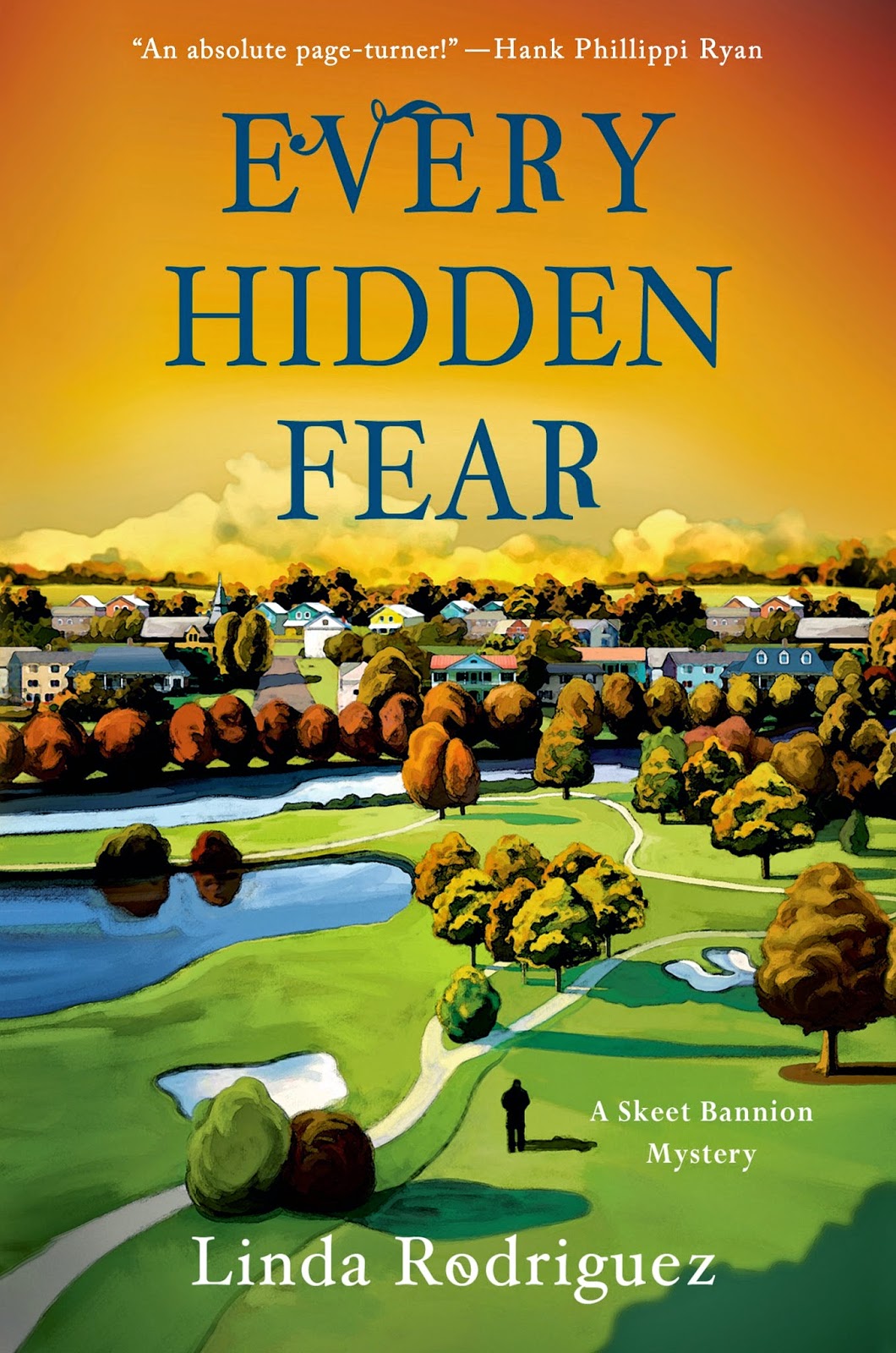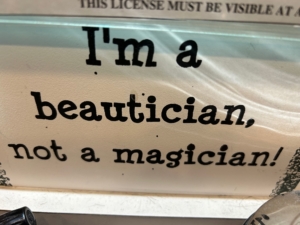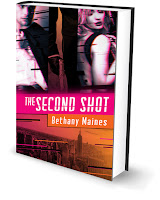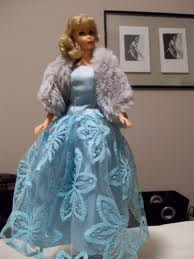by Linda Rodriguez
I have piles of books sitting on my coffee table right now.
None of them are mine. Some of them are from people I know, even people I
consider dear friends. Many of them are from people I’ve never met and have
little connection with. Some are mysteries. Some are thrillers. Some are
literary fiction. Some are poetry. They all have one thing in common, though. I’m
planning to give their authors a signal boost in one way or another.
Today’s publishing environment is tough for authors in many
ways, but primarily in finding ways to bring the attention of readers to their
books. With the advent of easy self-publishing, everyone who finishes a
NaNoWriMo book can pop it up on Amazon with little or no editing, and amid the
flood of poorly prepared and written books, it can be difficult for the writer
who has put in the time, effort, and money to make their book the best it can possibly
be to let the potential reader know that hers/his is a good, high-quality book,
worth taking a chance on. The problem is the same for everyone, whether
self-published or traditionally published. It’s Gresham’s Law applied to books
rather than money—“Bad books drive out good.”
One helpful thing is for another author to lend a hand in
some way. Four of the books in those piles on my coffee table are books I’ve
agreed to blurb, that is, books for which I’ll write a short pithy review of
several sentences that will be placed on the cover of the book to entice
readers to pick it up. Blurbs can be terribly important. They help in getting
reviews and orders from bookstores, as well as in persuading browsing readers
to try the book. When I was starting out as a mystery novelist, established
writers volunteered to blurb my book, for which I will always be grateful. When
reviewers read brief raves from top writers, they became eager to review my
unknown debut novel. I try to pay that favor forward as much as I can within
the confines of time and scheduling. I’ve seen some writers who have benefited
from great blurbs by famous authors and then refuse to give blurbs to anyone
themselves. I can’t understand that attitude.
I have a blog, http://lindarodriguezwrites.blogspot.com,
and on it I have a long-running series called “Books of Interest by Writers of
Color.” I began that series as a resource for librarians and teachers who would
approach me after readings or conferences and ask for suggestions of books by diverse
writers. If it’s tough for all writers to get attention while buried in the
crowd, it’s nigh impossible for writers of color, who tend to be invisible in
modern American literature. I’ve been showcasing writers of color on my blog
for the past six years. Just a little way to pull an author or book out of the throng
and hold it up, saying, “This is good. Take a look.” The rest of the books on
my coffee table are books that I intend to signal-boost on my blog.
Like writing a blurb, this showcasing on my blog is
time-consuming. I could write an article or a good day’s pages on my current
novel or short story in the time I spend on reading, making notes, and writing
a blurb or review on my blog. So why would I bother?
I see the literary world as one large community and a set of
smaller communities, and I believe that building these communities and making
them stronger benefits all of us in the long run—writer and reader. I see my
work as all part of a spectrum, writing my books and poetry, writing my blogs, teaching
workshops, connecting with other writers and readers on social media, and
signal-boosting other writers who deserve attention. I believe we make the
world we want to have. And so the piles of books on my coffee table continue to
exist, no matter how many reviews or blurbs I write.
Do you believe in signal boosting? How do you feel when an
author often blurbs or praises another writer’s book to you?

Linda Rodriguez’s third novel in the Skeet Bannion series, Every Hidden Fear (St. Martin’s Press), was
a Latina Book Club Best Book of 2014, a selection of Las Comadres National
Latino Book Club, and received an ArtsKC Fund Inspiration Award. Her second
novel featuring the Cherokee campus police chief, Every Broken Trust (St. Martin’s Press), was a selection of Las
Comadres National Latino Book Club, took 2nd Place in the
International Latino Book Awards, and was a finalist for the Premio Aztlan
Literary Award. Her first Skeet novel, Every
Last Secret, won the Malice Domestic Best First Traditional Mystery Novel
Competition and an International Latino Book Award Honorable Mention, was featured
by Las Comadres National Book Club, and was a Barnes & Noble mystery pick. Her
short story, “The Good Neighbor,” published in the anthology, Kansas City Noir, has been optioned for
film.
Find her on Twitter as @rodriguez_linda, on
Facebook at https://www.facebook.com/LindaRodriguezWrites,
and on blogs with The Stiletto Gang http: https://www.thestilettogang.com/,
Writers Who Kill http://writerswhokill.blogspot.com/,
and her own blog http://lindarodriguezwrites.blogspot.com
REPLIES TO COMMENTS (because Blogger hates me, and even though I managed to comment from another browser twice, now it won’t let me comment even that way–huge sigh):
Paula, I write about a lot of different topics on my blog, but I’ve had a running series on Books of Interest by Writers of Color for 6 years. If you click on the tag “writers of color” on one of the latest posts, it will pull them all up to read.
Cyndi, I’m glad you agree and also signal boost. I’m always grateful for all of the writers who try to build the literary community they want to live in.








